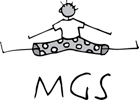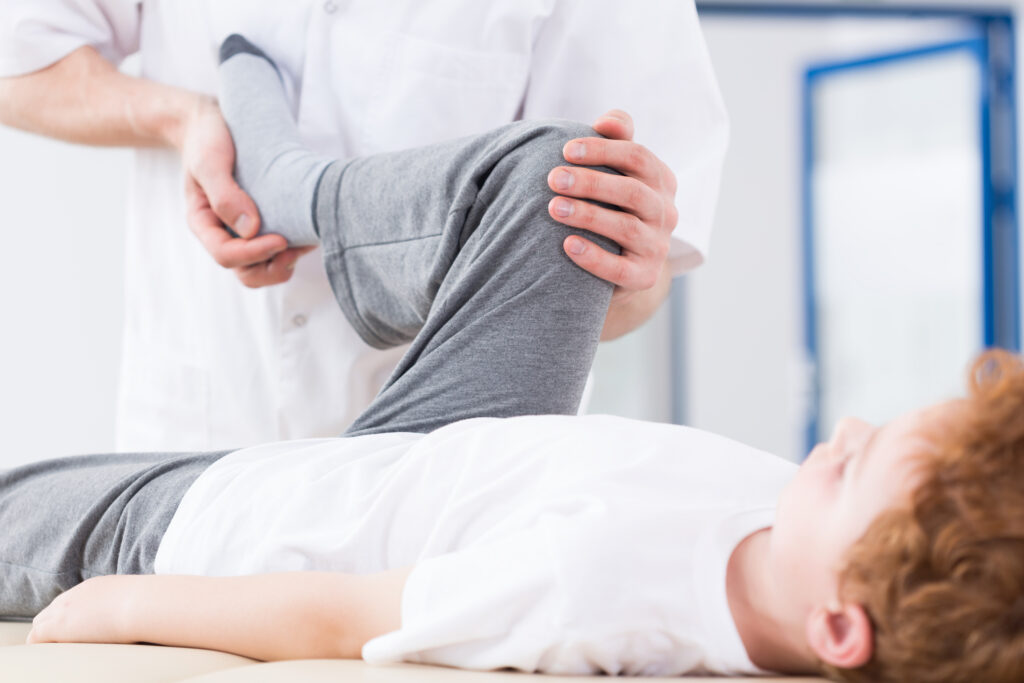Hip injuries in young athletes are a common occurrence that can have a significant impact on an athlete’s performance and overall quality of life. Here’s a look at some of the common causes and symptoms of hip injuries, as well as how to treat and prevent these injuries in young athletes.
Understanding Hip Injuries in Young Athletes
Hip injuries are a common occurrence, especially amongst young athletes. Hip injuries can be caused by overuse of the joint, trauma or underlying medical conditions. The hip joint is a ball and socket joint that connects the pelvis and the femur. It’s responsible for supporting the weight of the upper body and facilitating movement in the lower body. Understanding the anatomy of the hip joint and the mechanics of hip movement is essential to identifying and preventing hip injuries in young athletes.
Common Causes
Hip injuries in sports are often due to repetitive stress on the hip joint or a sudden impact. Some other common causes of hip injuries in young athletes include overuse of the hip joint, lack of flexibility, muscle imbalances, poor technique and direct trauma to the hip joint. The risk of hip injuries can also be increased by underlying medical conditions such as hip dysplasia, deformity, and femoroacetabular impingement.
Symptoms of Hip Injuries
Hip injuries can cause various symptoms that vary in severity and duration. Some common symptoms of hip injuries in sports for young athletes include pain in the hip joint or groin, stiffness, swelling, limping, decreased range of motion and a clicking or popping sound during movement. These symptoms can worsen with physical activity.
Diagnosis and Treatment of Hip Injuries
Diagnosing hip injuries in young athletes requires a thorough physical examination, including a review of medical history and imaging tests such as MRI or CT scans. Treatment options may include rest, physiotherapy, medication or surgery, depending on the severity and cause of the hip injury.
Early diagnosis and treatment of hip injuries can prevent long-term complications and improve the young person’s recovery.
Preventing Hip Injuries in Young Athletes
Coaches and parents can play a big role in preventing hip injuries in young athletes by promoting proper technique, allowing adequate rest and recovery time, and monitoring for any signs of hip injuries.
Hip injury prevention strategies may include implementing a strength and conditioning program, using appropriate equipment, and addressing any underlying medical conditions that may increase the risk of hip injuries.
Rehabilitation and Prevention Strategies
Rehabilitation and recovery for hip injuries involves a comprehensive approach that may include manual therapy, medication and surgery in some cases. The goal of rehabilitation is to restore hip function, improve range of motion, and relieve pain and stiffness. Recovery time will vary depending on the severity of the hip injury. Following a gradual return-to-sport program can help prevent re-injury.
Rest and recovery after sport are essential components of hip injury prevention in young athletes. Adequate rest and recovery time allow the body to heal, reduce the risk of further hip injury, and prevent long-term complications and lasting hip injury symptoms. Coaches and parents should ensure that young athletes receive proper rest and recovery between training sessions and competitions.
Returning to Sports After a Hip Injury
After a hip injury, return to sports gradually to allow the body to adjust to the physical demands of the sport. We suggest following a step-by-step return-to-sports program that includes progressively more strenuous exercises and drills to assess their readiness for competition. Your Physiotherapist will help you formulate this graded return to exercise program. It needs to be accurately based on which particular hip condition is being managed. Unfortunately there are no generalised programs that cover all hip injuries. Coaches and parents should monitor the athlete’s progress closely and address any concerns or setbacks that may arise.
Need physiotherapy treatment for a hip injury? Book now at MGS Physiotherapy and start your journey to recovery today.
CALL NOW TO BOOK YOUR APPOINTMENT

